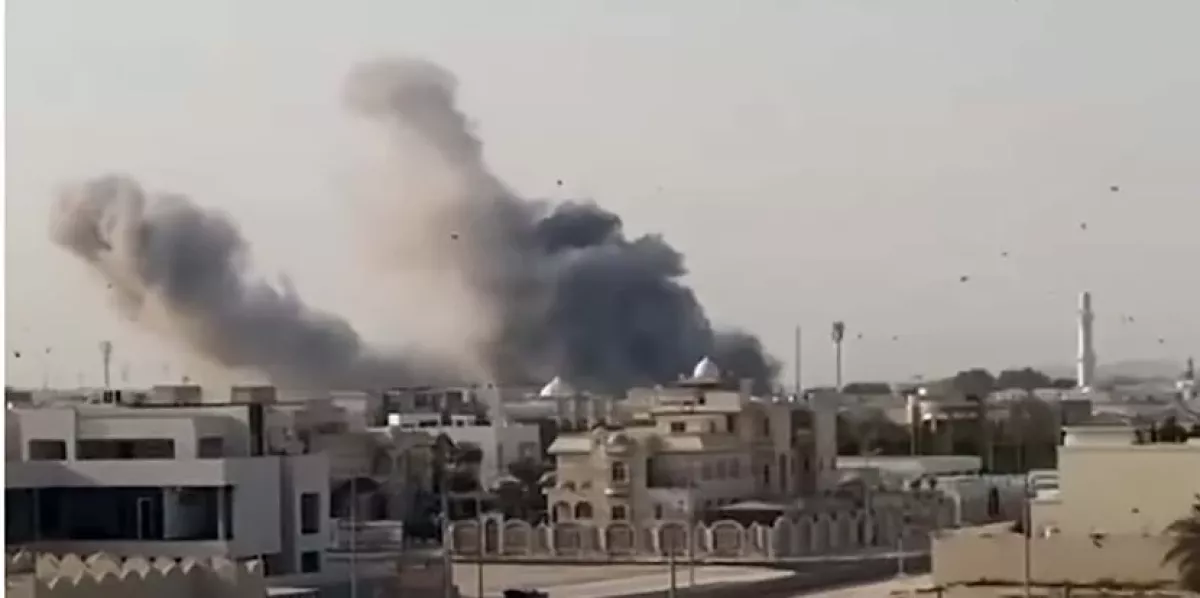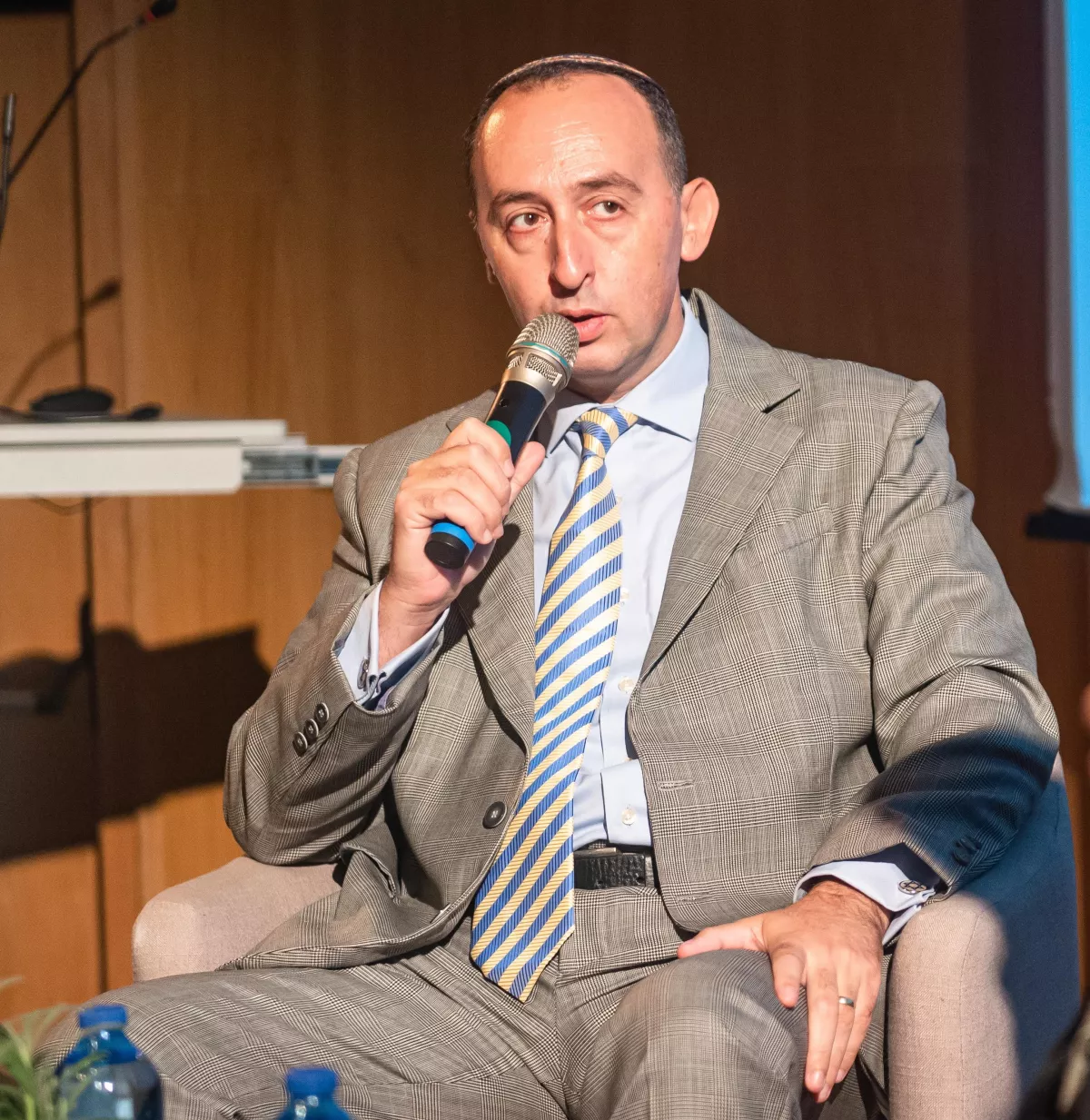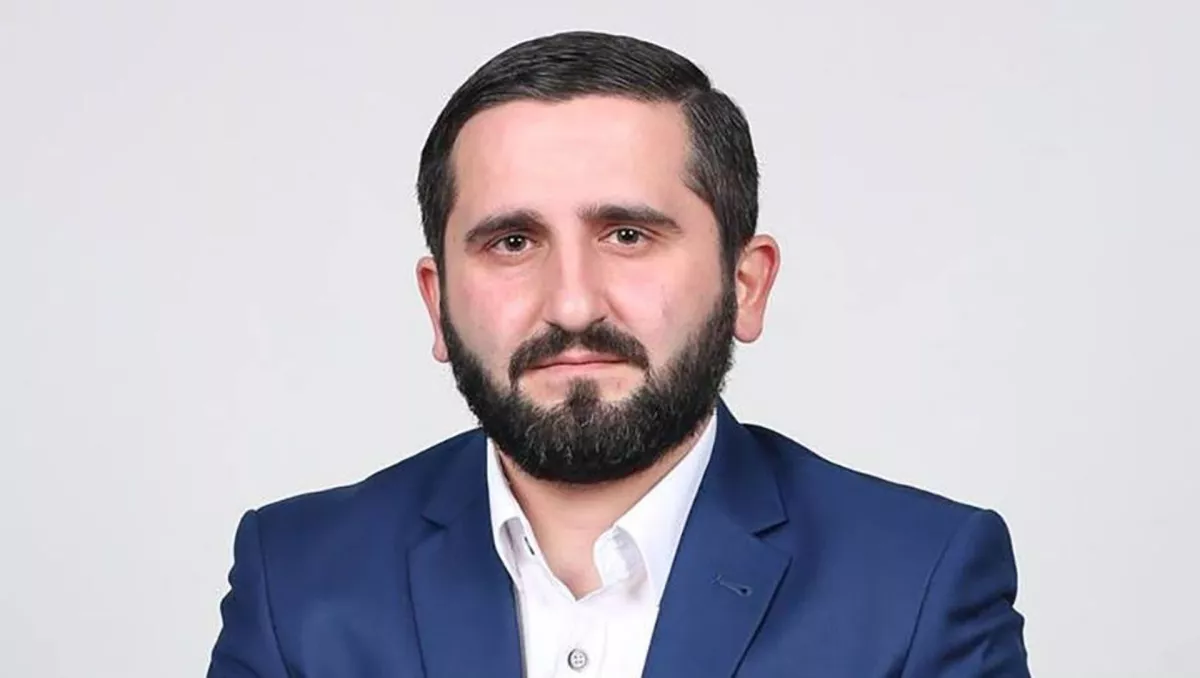Israeli strike on Doha: two views on a single event Experts delving into consequences
On September 9, a series of explosions occurred in Qatar’s capital, Doha. The Israel Defence Forces soon claimed responsibility, stating that the strike targeted the senior leadership of Hamas. The statement added that measures had been taken to minimise harm to civilians.

Axios, citing unnamed Israeli officials, reported that the explosions in Doha, where Hamas’s political office is located, were the result of an Israeli strike.
Qatar plays a role as a mediator in indirect negotiations between Israel and Hamas over a ceasefire in the Gaza Strip. The country hosts a Hamas political office, which had not previously been a target of Israeli operations.
Caliber.Az consulted well-known international experts to comment on the situation.

Israeli journalist and historian Shimon Briman emphasised that on September 9, Israel changed the rules of the game against Hamas.
“Hamas leaders had been living in Qatar for over ten years. They enjoyed a luxurious and privileged life in Doha. They were also able to travel across the Middle East, visiting Lebanon, Iran, and other countries.
They felt safe, even while praising the attacks of October 7, 2023 and watching the massacre of Israelis live through Hamas militants’ body-worn GoPro cameras. Sitting in expensive hotels in Qatar, they watched the Bibas family, including two infants, being dragged from their home and taken to Gaza. They celebrated while viewing videos of mass killings of young people at the Nova festival.
The organisation’s leaders became multimillionaires by embezzling funds meant for Gaza. These people dined lavishly in Doha restaurants while sending Gaza’s residents to die. They believed they could come to power just as the Taliban returned to power in Afghanistan. Doha had also hosted the Taliban. Even when other Hamas leaders were killed, those living in Qatar ignored warnings from U.S. President Donald Trump. They thought their luck would never run out,” the expert noted.
According to him, on 9 September, Israel crossed all previous “red lines.”
“From now on, all Hamas leaders are marked for death. They will be hunted anywhere on the planet. And Mossad knows how to hunt. In the coming days, the IDF will launch a military operation to take control of the terrorists’ capital – the city of Gaza. The strike on Hamas headquarters in Doha showed that negotiations with the terrorists are over – with full support from the United States.
In my view, the operation in Doha was carried out not only in coordination with the White House, but also with the tacit consent of Qatar itself for a brief, targeted strike on the Hamas meeting location. Even Qatar had grown tired of the destabilising presence of Hamas’s ‘mad dogs’ on its territory.
Two days before the IDF missile strike on Doha, Ron Dermer, a minister for strategic planning close to the Israeli prime minister, met in the U.S. with Witkoff and Kushner, both known for their ties to Qatar. It is possible that the strike was agreed upon at this meeting – with the consent of the Trump administration and Qatar itself.
The remaining Hamas leadership will likely leave Qatar and relocate to Türkiye or Malaysia,” Briman suggested.

Georgian political analyst and Middle East expert Vasily Papava, in turn, noted that Israel’s attack on Qatar effectively derails the current ceasefire negotiations in the Gaza Strip.
“Qatar had been the main mediator in these indirect negotiations between Israel and Hamas, which maintains its primary political office in Doha. Until this attack, that office was considered untouchable. After the 9 September strike, Qatar officially suspended its role in mediation, describing Israel’s actions as a blatant violation of international law and an act of state terrorism.
Without Qatar’s involvement, the process comes to a halt. The U.S. and Egypt also played active roles in these talks, but Doha had been a key hub for discussing deals not only on hostage releases but also on broader reconciliation between the parties.
Hamas leadership has already announced that negotiations are frozen. Their delegation was in the midst of talks with the U.S., which had proposed several steps toward a ceasefire. That process is now in limbo. According to reports, among the casualties was the son of one of the Hamas negotiators, although the leaders themselves were not eliminated. In this context, the chances of a rapid deal, so actively promoted by the Trump administration, are effectively zero. The issue will likely drag on for many months, as there is currently no alternative to Doha as a negotiation venue.
Regarding Israel’s military operation in the Gaza Strip, a new phase of clearing operations in Hamas-controlled areas was recently announced. In light of the situation following the strikes in Doha, this only fuels further escalation. Netanyahu has taken full responsibility for these actions, stating that the operation will continue until the remnants of Hamas’s armed formations are completely eliminated,” the expert said.
Furthermore, Israel’s strike on the Hamas office in Doha calls into question the role of the U.S. in mediation, Papava notes.
“How can they act as guarantors of the process? It is clear that Israel’s actions are not constrained by any diplomatic or political framework. In matters of national security, they are prepared to take any measures, even at the risk of damaging relations with their main ally – the U.S.
Although Israeli media reports that the strike was coordinated with Washington, Trump expressed regret and promised that such actions would not happen again.
Hamas, meanwhile, has stated that it will continue its resistance, and without mediators, the conflict risks escalating into an even greater bloodbath.
Notably, in the 1990s and 2000s, Israel carried out targeted killings of Palestinian leaders secretly. Special operations were conducted quietly to appear within the bounds of international law and avoid additional criticism. Now, such operations are conducted openly, without ceremony. This is not just a strike on a Hamas office but also an infringement on the sovereignty of Qatar, which is under the U.S. protectorate.
This action clearly demonstrates that the global security system has changed. States increasingly ignore old rules, carrying out military operations anywhere without regard for the consequences. The same was true of the recent strike on Iran – direct and unmasked. Today, force outweighs diplomacy. This, in turn, will not only complicate peace negotiations but also contribute to destabilisation in several regional countries, undermining trust in mediators and heightening tensions,” Papava concluded.








